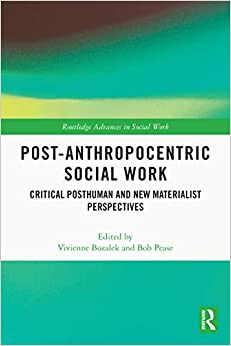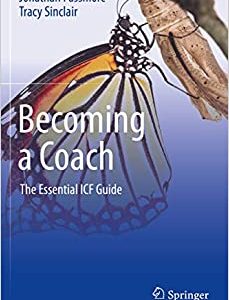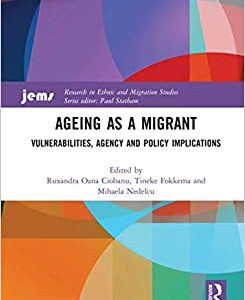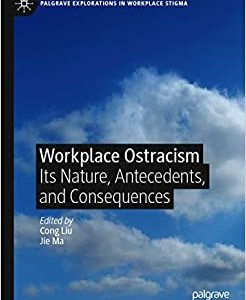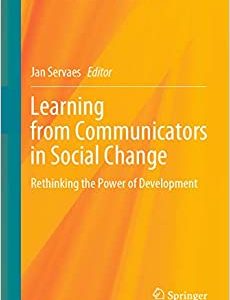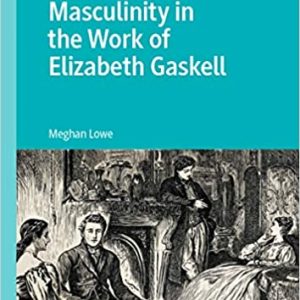This book seeks to trouble taken-for-granted assumptions of anthropocentrism and humanism in social work – those which perpetuate human privilege and human exceptionalism. The edited collection provides a different imaginary for social work by introducing ways of thinking otherwise that challenge human exceptionalism.
Social work is at heart a liberal humanist project informed by a strong human rights framework. This edited collection draws on the literature on affect, feminist new materialism and critical posthumanism to critique the liberal framework, which includes human rights. Disrupting the anthropocentrism in social work which positions humans as an elite species at the centre of world history, this book develops an ethical sensibility that values entanglements of humans, non-human life and the natural environment.
The book provides new insights into environmental destruction, human-animal relations, gender inequality and male dominance, as well as indigenous and settler/colonial issues and critical and green social work. It will be of interest to all scholars and students of social work, community development, social policy and development studies more broadly.

